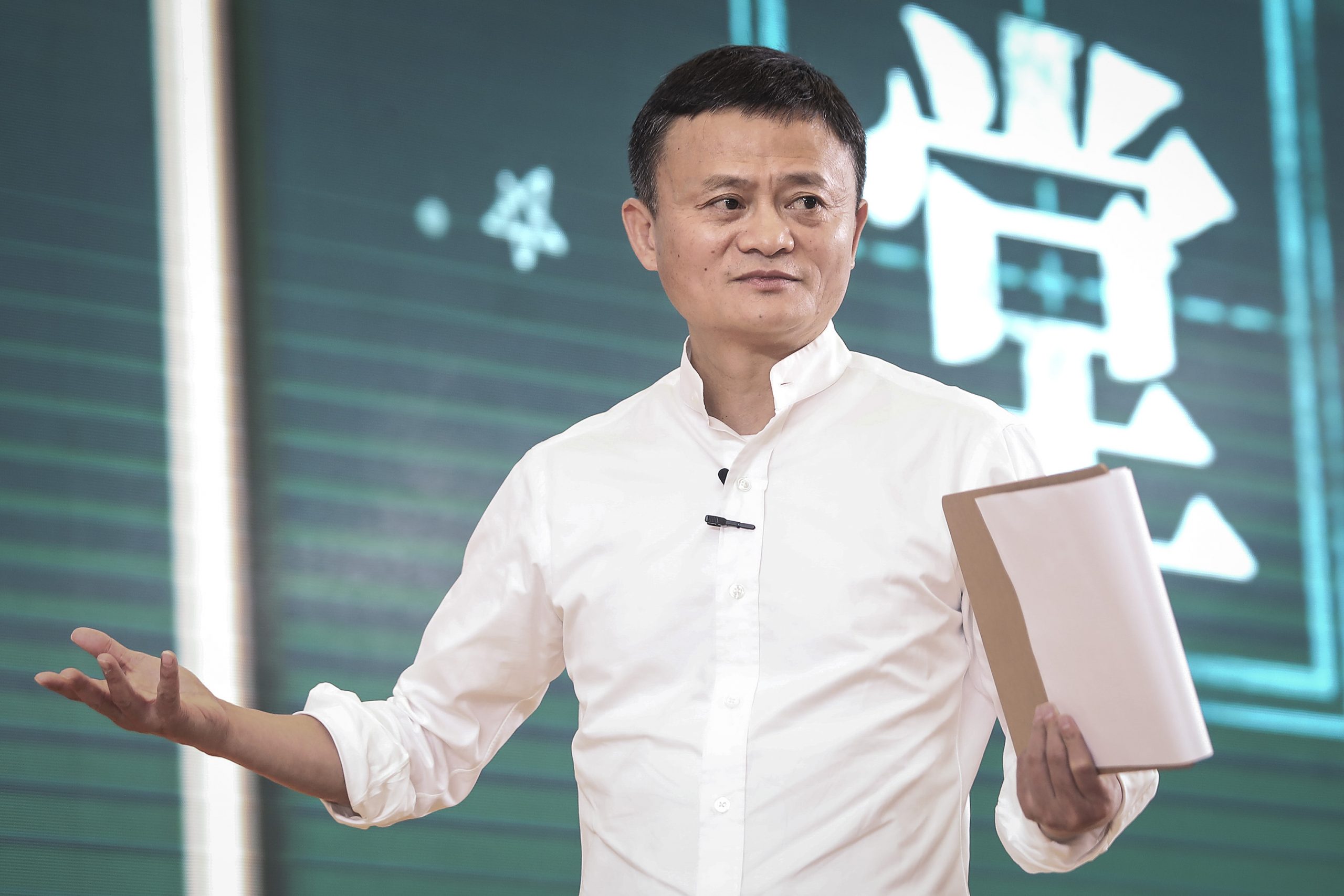Chinese authorities fined Alibaba $ 2.8 billion after closing an antitrust investigation into alleged monopoly practices. The state market regulator launched an investigation in December into the e-commerce giant’s “suspected monopoly behavior”, particularly its policy of forcing merchants to sell exclusively on their platforms and preventing them from selling on competing e-commerce websites for sale. A press release posted on the Watchdog’s website said the investigation found that politics eliminated and restricted competition in the country and hampered innovation in online retail platforms.
As a result of this conclusion, the regulator punished the company under China’s Antimonopoly Law, asking it to stop its illegal activities and pay a fine of 4 percent of its domestic sales in the country. As the New York Times notes, the $ 2.8 billion fine won’t jeopardize Alibaba’s finances, but it does exceed the $ 975 million fine imposed by the Chinese government on Qualcomm in 2015 for violating the antimonopoly law has imposed. In a statement sent to NYT, Alibaba said it will accept the punishment and make sure it “better fulfills its social responsibilities”.
China started keeping a closer eye on the tech giants last year. The legislature proposed an update of the Antimonopoly Act to add rules specific to it. Jack Ma’s businesses in particular appear to have become a target in his home country after he labeled Chinese banks “state pawn shops” for making unnecessary loans during a financial summit. Its executives even had to set up a task force to deal with regulators on a daily basis.
Aside from the antimonopoly investigation against Alibaba, the Shanghai Stock Exchange blocked the planned IPO for the financial services company Ant Group, which it founded, in November. Before the end of the year, regulators ordered the company to “go back to its origins” as a payment provider and to discontinue the investment, credit, insurance and wealth management services it had introduced over the years.
